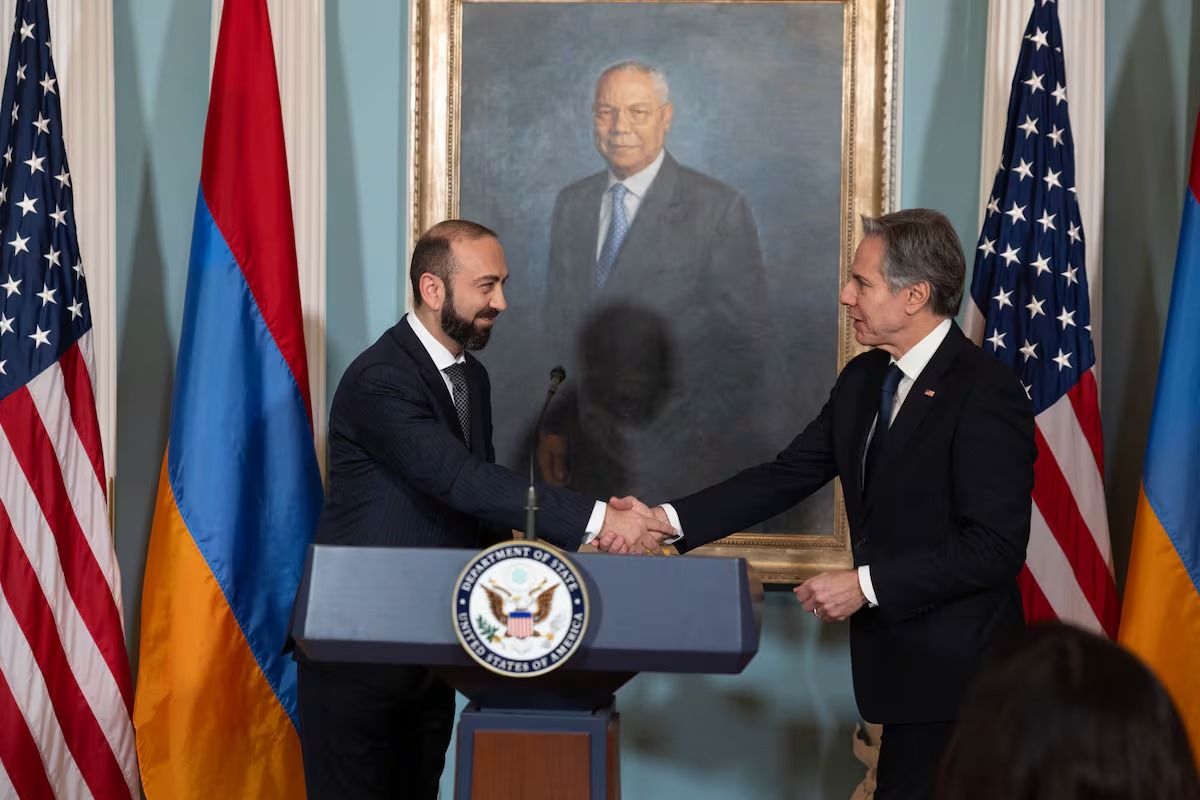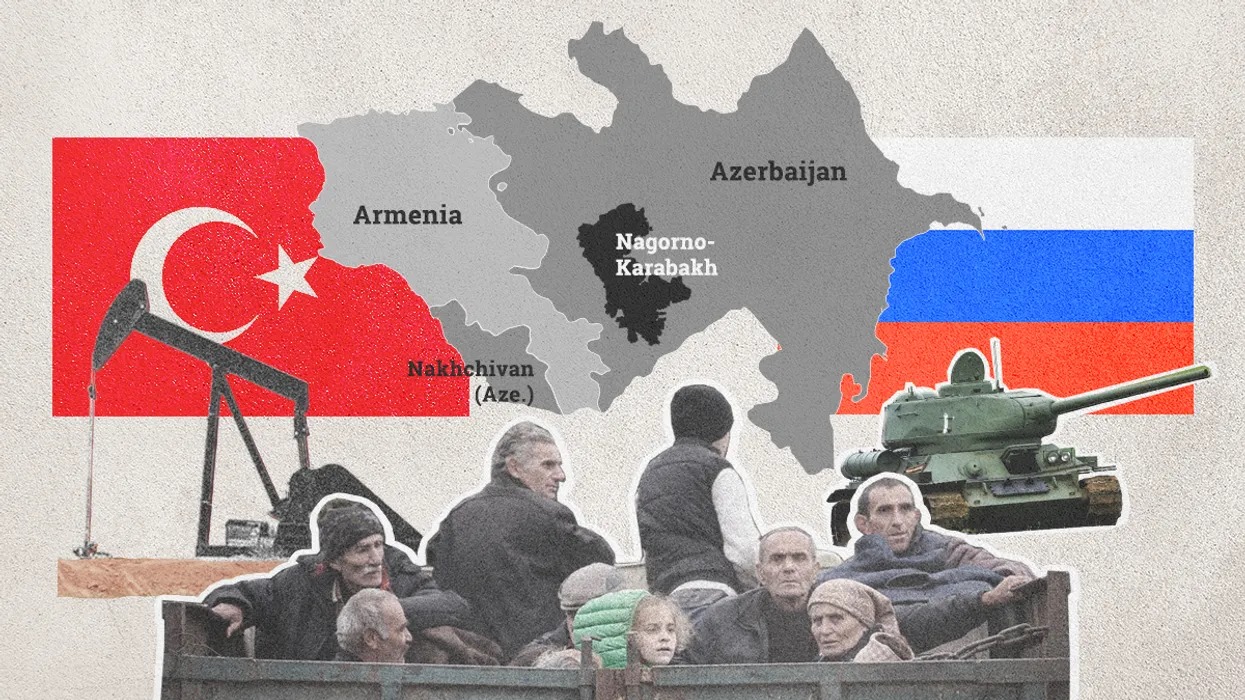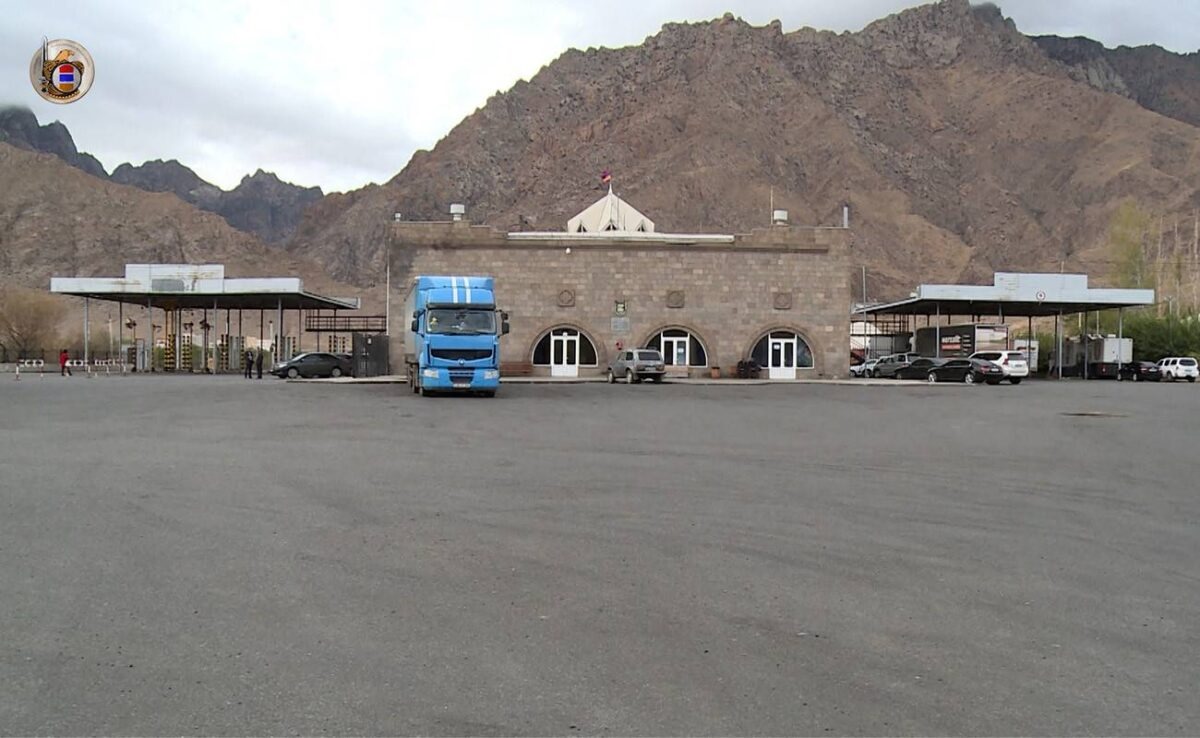Armenia's Strategic Deal With The Us Marks Further Break From Russia
Armenia pivots towards US, signs strategic deal, reducing Russia's influence.


In a significant geopolitical shift, Armenia has signed a groundbreaking strategic cooperation agreement with the United States, signaling a departure from its traditionally close relationship with Russia. The agreement, aimed at strengthening political, economic, and security ties, represents a turning point in Armenia’s foreign policy amid rising regional tensions and growing dissatisfaction with Moscow's recent actions.
A Strategic Shift
This agreement comes after years of strained relations between Armenia and Russia, driven by Moscow’s perceived lack of support during the 2020 Nagorno-Karabakh war and subsequent border disputes with Azerbaijan. Armenia’s government, led by Prime Minister Nikol Pashinyan, has increasingly sought to diversify its alliances, moving away from the historically dominant influence of Russia in the region.
During the signing ceremony, Prime Minister Pashinyan described the agreement as a "breakthrough in ensuring Armenia's national security, economic development, and integration into the global community." He emphasized that the deal aligns with Armenia's aspirations to strengthen democratic institutions and secure significant economic investments.
The United States has been vocal in its support for Armenia's democratic reforms and sovereignty. Secretary of State Antony Blinken praised the agreement as “a testament to the deepening partnership between the United States and Armenia,” reaffirming Washington’s commitment to supporting Armenia’s independence and resilience.
Deteriorating Ties with Russia
Armenia’s pivot toward the US occurs amid a notable decline in its ties with Russia, which has long been its primary security and economic partner. Relations have soured as Moscow failed to intervene effectively during Armenia’s conflicts with Azerbaijan, despite its obligations as a member of the Collective Security Treaty Organization (CSTO).
Russia’s focus on its war in Ukraine has further strained its ability to act as a reliable ally for Yerevan. Many Armenians have voiced frustration over Russia’s lack of meaningful support, particularly regarding the enforcement of peace agreements in the Nagorno-Karabakh region.
The recent withdrawal of Russian border guards from key positions in Armenia, including the Agarak checkpoint on the Armenia-Iran border, is seen as another indication of Russia’s diminishing influence in the country.
Details of the US-Armenia Agreement
The newly signed cooperation agreement spans several areas, including defense, economic development, energy security, and democratic governance. Key highlights include:
- Military Cooperation: Enhanced collaboration on military training and defense capabilities to strengthen Armenia’s ability to secure its borders independently.
- Economic Development: US pledges of financial assistance to support Armenia’s infrastructure, technology, and energy independence initiatives.
- Democracy and Governance: Reaffirmed US support for Armenia’s democratic institutions, focusing on judicial reform, anti-corruption measures, and civil society engagement.
- Regional Stability: A shared commitment to peaceful conflict resolution in the South Caucasus, with Washington offering to mediate ongoing disputes between Armenia and Azerbaijan.
Geopolitical Implications
The agreement reflects Armenia’s broader effort to recalibrate its foreign policy. While reducing its reliance on Moscow, Yerevan is also strengthening ties with the European Union, Iran, and other regional powers.
For the United States, the agreement represents an opportunity to expand its influence in the South Caucasus, a region traditionally dominated by Russia and increasingly targeted by China’s Belt and Road Initiative. Supporting Armenia signals Washington’s commitment to fostering stability and democratic progress in this strategically significant region.
However, Russia is likely to view the agreement as a direct challenge to its dominance in Armenia and the broader region. The Kremlin has already expressed concerns, accusing Yerevan of undermining regional security. Analysts suggest the agreement could further strain relations between Moscow and Yerevan, with potential repercussions for Armenia’s membership in the CSTO and its economic ties to the Russian-led Eurasian Economic Union.
Looking Ahead
As Armenia deepens its partnership with the United States, it faces the challenge of navigating a complex geopolitical landscape. While the agreement marks a significant step toward reducing reliance on Russia, it also signals Armenia’s commitment to charting a more independent path on the global stage.
The US-Armenia strategic cooperation agreement underscores a growing realignment in the South Caucasus and highlights the changing dynamics of international relations in a region marked by historical rivalries and modern challenges. Whether this move will lead to greater stability or spark new tensions remains to be seen, but it undeniably represents a milestone in Armenia’s post-Soviet history.
Stay In The Know
Get exclusive access to fashion and beauty trends, hot-off-the-press celebrity news, and more.

Mariam Hovhannisyan is a political writer and analyst with a focus on governance, policy, and global affairs. With a deep understanding of political dynamics and social change, she provides sharp analysis on key issues shaping the world today.
-
 Media Admits Fault, Apologizes To Prince Harry For Violating Princess Diana’s Privacy
Media Admits Fault, Apologizes To Prince Harry For Violating Princess Diana’s PrivacyPrince Harry settles phone-hacking lawsuit, receives substantial damages, and apology.
By Mariam Hovhannisyan Published
-
 Armenia Calls For Global Action Amid Nagorno-Karabakh Humanitarian Crisis
Armenia Calls For Global Action Amid Nagorno-Karabakh Humanitarian CrisisArmenia addresses Nagorno-Karabakh crisis, focusing on aid, resettlement, and peace.
By Mariam Hovhannisyan Published
-
 Borderline History: Russia Withdraws After Three Decades At Key Checkpoint
Borderline History: Russia Withdraws After Three Decades At Key CheckpointThis action solidifies Armenia’s authority over its southern border region.
By Mariam Hovhannisyan Published